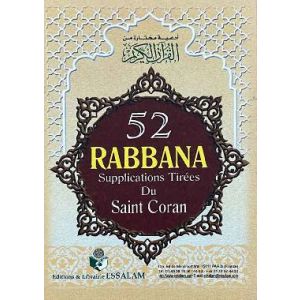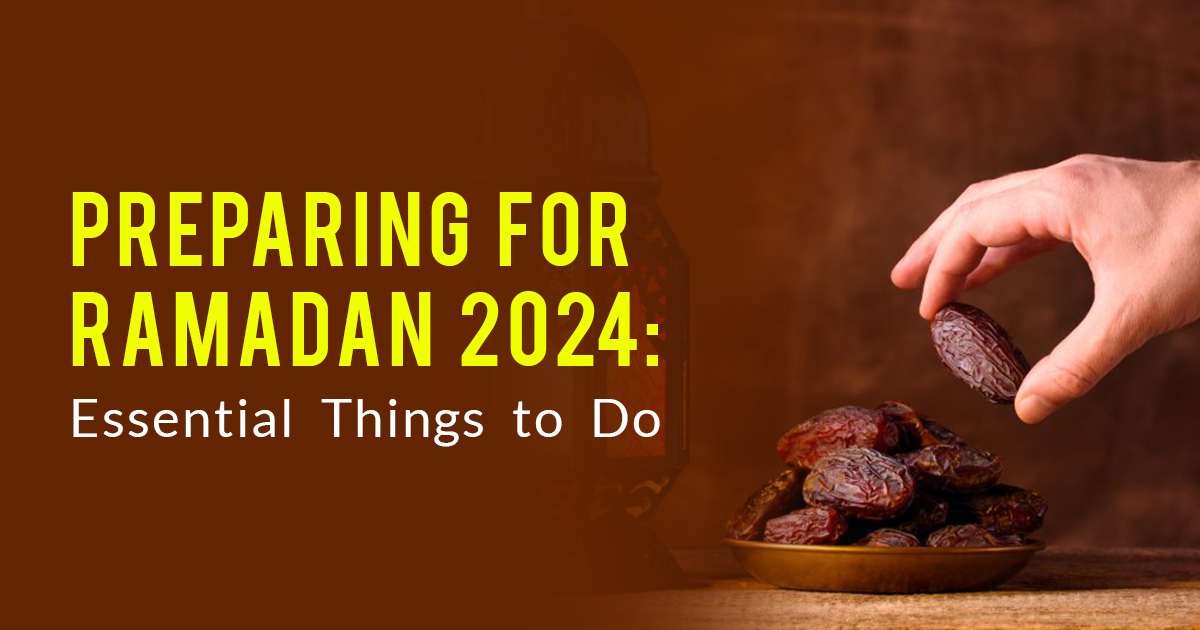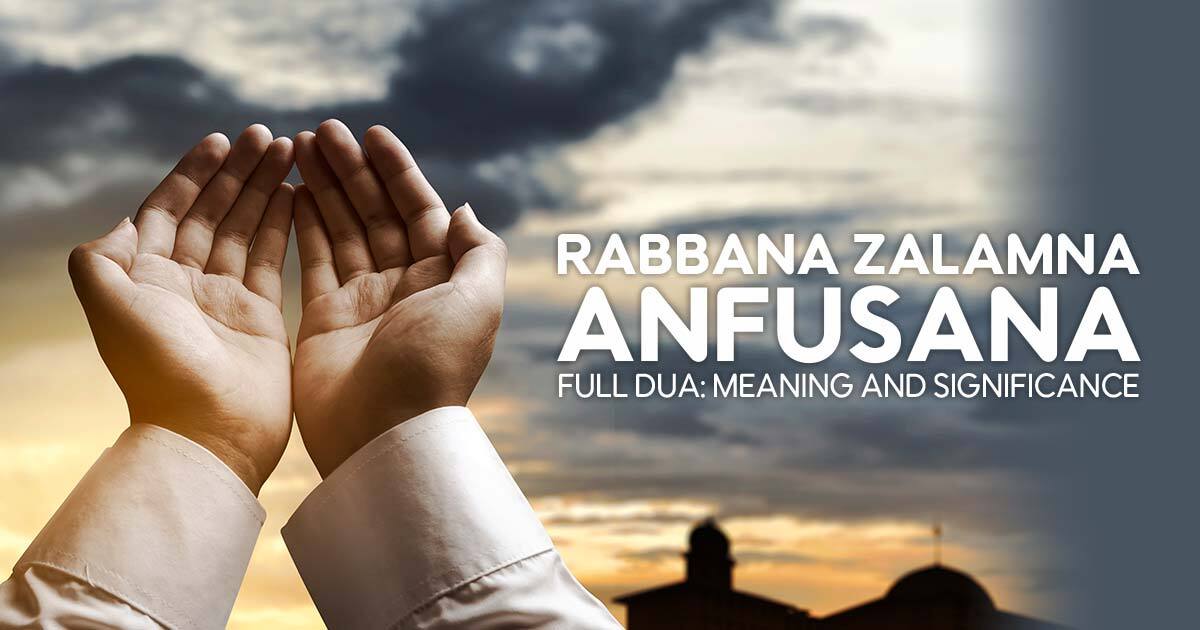We use cookies to make your experience better. To comply with the new e-Privacy directive, we need to ask for your consent to set the cookies. Learn more.
Dua for Opening and Closing Ramadan Fast

Dua for Opening and Closing Ramadan Fast
Ramadan, the holiest month in Islam, is a time of spiritual reflection, prayer, fasting, and community. Central to the observance of Ramadan are the acts of suhoor (pre-dawn meal) and iftar (meal to break the fast at sunset). Both of these significant moments are marked by dua (supplication) that holds immense spiritual significance for Muslims worldwide.
In this comprehensive blog, we delve into the dua for opening and closing the Ramadan fast, exploring their meanings, significance, and how to perform them correctly.
Understanding the Dua for Opening the Fast (Dua al-Iftar):
Dua al-Iftar, or the supplication for breaking the fast, is recited at sunset when Muslims are about to partake in their iftar meal. This dua marks the end of the day-long fast and expresses gratitude to Allah for sustaining life and providing sustenance throughout the day. Here's how to perform it:
1. Intentions and Preparation: Approach iftar with a sincere intention to please Allah and follow the Sunnah of Prophet Muhammad (peace be upon him).
2. Recitation of Dua: The traditional dua for breaking the fast is: "Dhahaba adh-Dhama’ wabtallatil-urooq wa thabatal-ajr inshaa’Allah." (Thirst is gone, the veins are wet, and the reward is confirmed by the will of God).
3. Timing: Recite the dua immediately after sunset, before consuming any food or drink.
4. Supplicate with Humility: Approach the dua with humility and sincerity, recognizing the blessings of Allah and expressing gratitude for His provisions.
Significance of Dua for Opening the Fast:
The dua for opening the fast holds profound significance in Islam:
1. Gratitude: It serves as a reminder to express gratitude to Allah for His countless blessings, including the ability to fast and the sustenance provided.
2. Connection with Allah: Reciting this dua fosters a deeper connection with Allah, acknowledging His role as the Provider and Sustainer of life.
3. Following the Sunnah: Following the practice of Prophet Muhammad (peace be upon him) in reciting this dua strengthens adherence to the Sunnah and earns spiritual rewards.
Tips for Enhancing the Experience of Dua for Opening the Fast:
1. Reflective Pause: Before reciting the dua, take a moment to reflect on the significance of breaking the fast and the blessings of Ramadan.
2. Silent Reflection: Accompany the recitation of the dua with silent reflection on personal gratitude and spiritual growth during the fast.
3. Include Others: Encourage family members and friends to join in reciting the dua together, fostering a sense of communal worship and unity.
Read More: Dua for Closing Fast But Not in Ramadan


Understanding the Dua for Closing the Fast (Dua al-Suhoor):
Dua al-Suhoor, or the supplication for the pre-dawn meal, is recited before the commencement of fasting at dawn. This dua seeks Allah's blessings for sustenance throughout the day and invokes His mercy and guidance. Here's a guide to performing it:
1. Intentions and Preparation: Approach suhoor to observe the fast as an act of worship and seek Allah's pleasure.
2. Recitation of Dua: The recommended dua for suhoor is: "b-ismi-llāhi r-raḥmāni r-raḥīmi" (In the name of God, the Most Gracious, the Most Merciful.).
3. Timing: Recite the dua before the break of dawn, ensuring that it is done before the time for Fajr (dawn) prayer begins.
4. Renew Intention: Along with reciting the dua, renew your intention to fast sincerely for the sake of Allah, seeking His pleasure and spiritual rewards.
Significance of Dua for Closing the Fast:
Dua al-Suhoor holds significant spiritual and practical importance:
1. Intention Setting: Reciting this dua reinforces the intention to fast, ensuring that the act is performed sincerely for the sake of Allah.
2. Seeking Blessings: It seeks Allah's blessings and assistance in abstaining from food, drink, and worldly distractions throughout the day.
3. Preparation for Worship: Dua al-Suhoor serves as a spiritual preparation for the day ahead, fostering mindfulness and devotion in observing the fast.
Tips for Enhancing the Experience of Dua for Closing the Fast:
1. Early Awakening: Wake up well before dawn to allow ample time for suhoor, including the recitation of dua and consumption of the pre-dawn meal.
2. Prayer and Reflection: Combine the recitation of dua with offering Tahajjud (night) prayers and engaging in personal reflection and supplication.
3. Healthy Choices: Use suhoor as an opportunity to consume nutritious foods and hydrate adequately, ensuring physical well-being throughout the day.
Learn More: Ramadan 2024: Powerful Duas and Supplications
Conclusion:
The dua for opening and closing the fast during Ramadan holds immense significance in Islam, serving as a means of expressing gratitude, seeking blessings, and fostering spiritual connection with Allah. By understanding the meanings and practices associated with these supplications, Muslims can enrich their Ramadan experience and draw closer to the teachings of Prophet Muhammad (peace be upon him). Through sincerity, devotion, and adherence to the Sunnah, may the recitation of dua during Ramadan bring forth spiritual blessings and divine mercy for believers worldwide.

 United Kingdom
United Kingdom United Arab Emirates
United Arab Emirates Pakistan
Pakistan
















